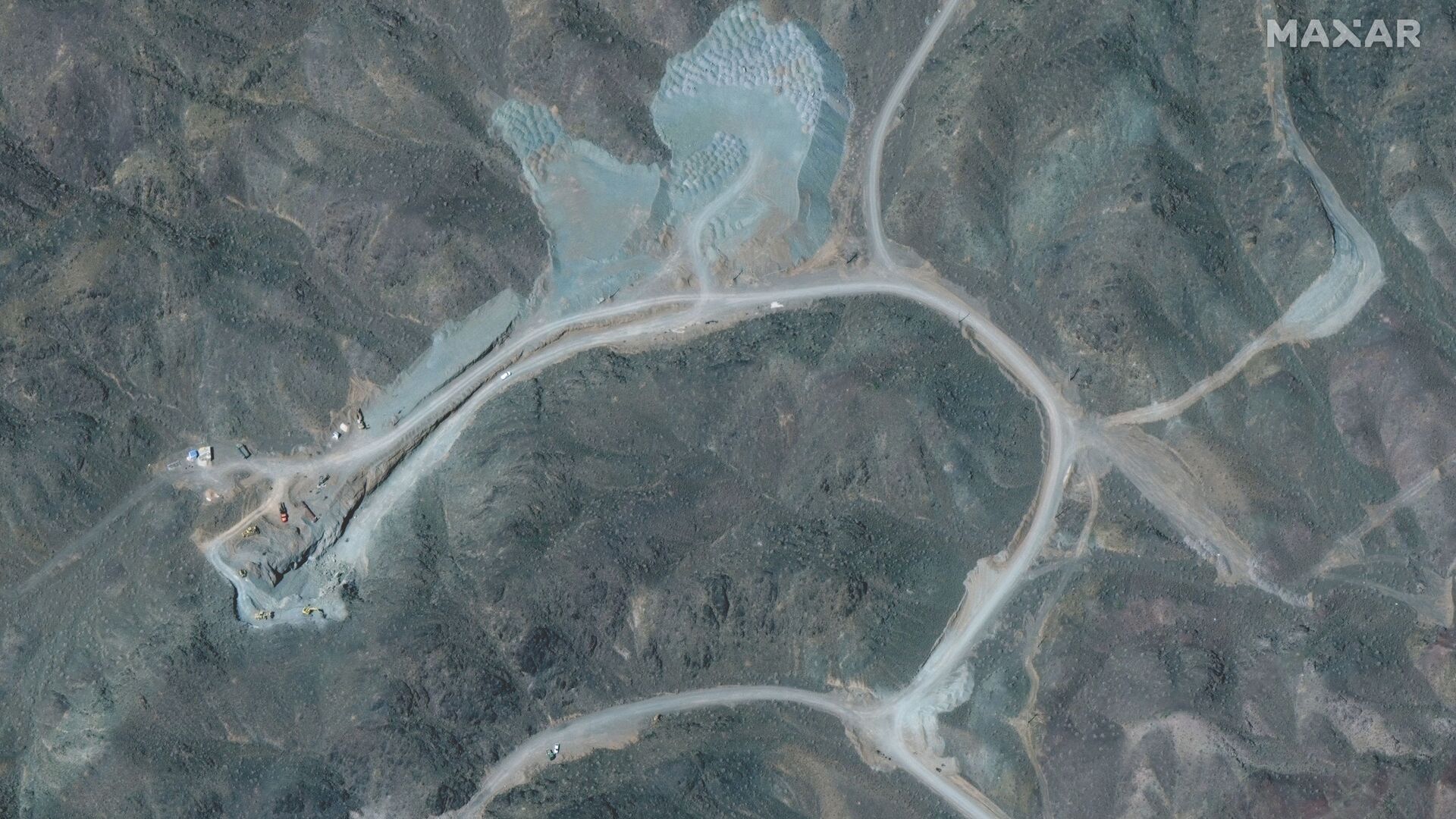The former head of Israeli military intelligence, Gen. Amos Yadlin, shared in an interview with CNBC News on Saturday that stopping Iran's nuclear program will be much harder than earlier efforts taken against Iraq and Syria.
According to Yadlin, Iran's nuclear program is "much more fortified and dispersed", while its neighbors' nuclear facilities were located in certain solitary places. Tehran also has "dozens" of nuclear facilities, with many of them underground.
Moreover, Yadlin was not sure if Israeli intelligence was aware of all details of Iran's nuclear program.
When it comes to undermining Iran's nuclear capabilities - which Israel has long pursued, Yadlin said, “Saddam and Assad were surprised." Referring to late Sunday's explosion at the Natanz nuclear facility, Yadlin said that "Iran has been waiting for this attack for 20 years."
"Iran has learned from what we have done but we have also learned from what we have done and now we have more capabilities," Yadlin went on to say.
It was at the time Yadlin served as head of the military intelligence in September 2007 that Israel bombarded a facility in Syria's Deir ez-Zor that was a suspected nuclear power plant under construction. It was dubbed Operation Orchard, which in fact proved successful since the facility was completely destroyed. Six months later, the former US administration of George W. Bush announced that the bombed facility in Syria's eastern desert was a "covert nuclear reactor [...] capable of producing plutonium", which "was not intended for peaceful activities".
According to media reports, despite the fact that Vienna talks on the potential revival of the 2015 Iran deal are in full swing, Israeli military planners have their own tasks for containing Iran, which includes continuing the so-called "maximum pressure" campaign against Tehran introduced by the former US administration, (harsh sanctions, in the first place), bombing Iran's nuclear facilities and pursuing a regime change in the Islamic Republic. What's more, the plans include the so-called "Strategy C", in particular - cyberattacks.
On Saturday, Iranian state TV identified the man behind the Natanz incident as Reza Kadimi. The 43-year-old suspect allegedly worked at the plant, where nuclear material was refined. He reportedly fled Iran after the country’s intelligence agency tracked him down. The broadcaster also said on Saturday that measures were being taken to arrest Kadimi and bring him back to Iran. A photo of the suspect has been circulated in the media.
First photo of Reza Karimi, the Iranian man who has been identified by the Intelligence Ministry as the culprit behind sabotage in Natanz facility. He's fled the country before the incident, and Iran says efforts are underway to bring him back. pic.twitter.com/0Xo3PuA6pN
— Reza Khaasteh (@Khaaasteh) April 17, 2021
Following the incident, Iran notified the International Atomic Energy Agency (IAEA) of its intention to boost uranium enrichment and to install modernized centrifuges at the Natanz nuclear facility. On Friday, the Iranian parliament announced that the Islamic Republic had managed to reach 60-% uranium enrichment in line with the previously announced plans.
Iranian officials earlier called on the IAEA to take effective measures against actions of states such as the alleged involvement of Israel in the Natanz incident.
I wrote to @rafaelmgrossi:
— Gharibabadi (@Gharibabadi) April 14, 2021
Any armed attack on and threat against nuclear facilities devoted to peaceful purposes constitutes a violation of the principles of the UN Charter, international law and the Statute of the IAEA. pic.twitter.com/u5GxQBfD6H
According to the Iranian Permanent Representative to the UN in Vienna, Kazem Gharib Abadi, the agency and other international organizations concerned have not acknowledged any such "vicious terrorist acts by [the] Israeli regime," which he claims are "crimes" violating international law and the UN Charter, and undermining the safety of nuclear installations operated by Middle Eastern nations.
Iran has repeatedly slammed Western countries for criticizing its nuclear program - which, Tehran insists, is designed to serve purely peaceful purposes - while at the same time failing to condemn Israel's nuclear developments. Israel, whose Prime Minister Benjamin Netanyahu, who has actively voiced fears about its neighbor allegedly developing weapons of mass destruction, is broadly believed to have developed nukes long ago. According to various media reports, the Jewish State may possess an arsenal of about 90 nuclear warheads.



